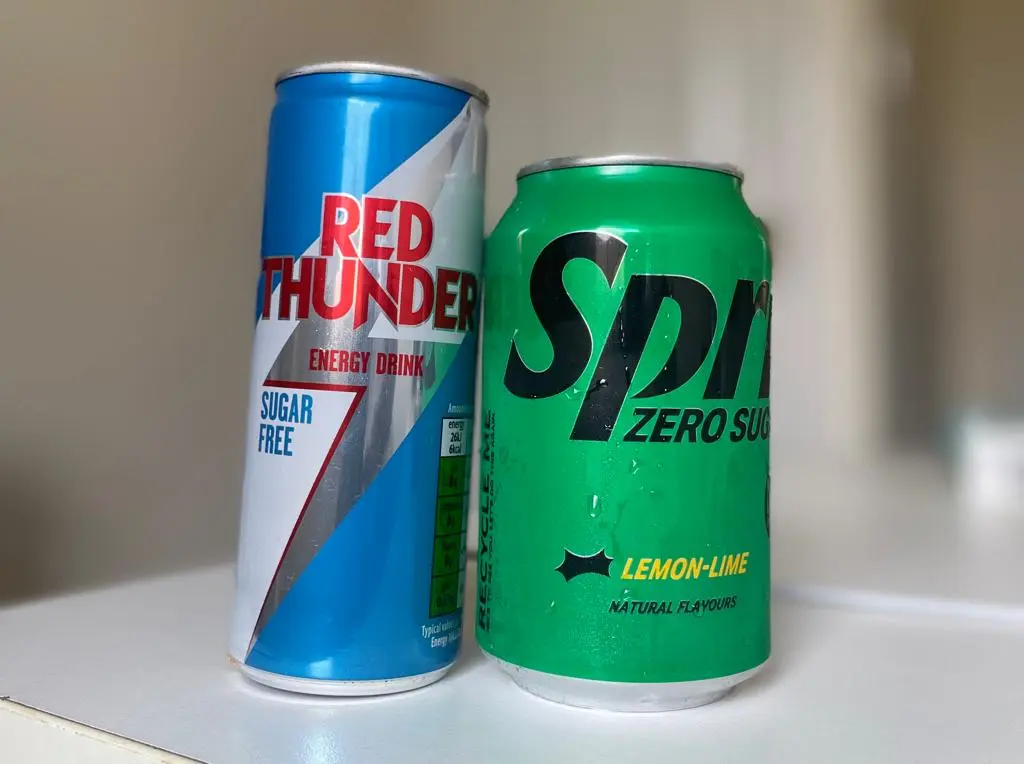Health
WHO says Aspartame sweetener possible cause of cancer – here’s all you need to know

The World Health Organisation, WHO, cancer research agency on Friday classified the commonly used artificial sweetener aspartame as “possibly carcinogenic to human”.
Although, another UN Committee reaffirmed that there was a safe daily level of consumption.
The joint assessment from WHO’s International Agency for Research on Cancer, IARC, and the Joint Expert Committee on Food Additives, JECFA, which is part of WHO and the Food and Agriculture Organisation, represents the first public intervention by the UN health agency on the widely used sweetener.
Aspartame has been used in multiple food and beverage products since the 1980s, including diet drinks, chewing gum, ice cream and other dairy products such as yoghurt; breakfast cereals, toothpaste, and medications such as cough drops and chewable vitamins.
The new assessments mark the first public evaluation of the sweetener by IARC, and scientists cite “limited evidence” that it could cause cancer.
Francesco Branca, director of the Department of Nutrition and Food Safety at WHO said the assessments “have indicated that, while safety is not a major concern at the doses which are commonly used, potential effects have been described that need to be investigated by more and better studies,” said in a statement.
He reminded that one in six people dies from cancer:
“Science is continuously expanding to assess the possible initiating or facilitating factors of cancer, in the hope of reducing these numbers and the human toll”.
The two bodies conducted independent but complementary reviews to assess the potential carcinogenic hazard and other health risks.
JECFA concluded that it continues to be safe for a person to consume a substantial quantity of aspartame each day.
An adult weighing around 70 kilogrammes (150lbs) would need to consume more than 9-14 cans of soft drinks to go beyond the recommended intake, assuming there was no intake from other sources.
“IARC classified aspartame as possibly carcinogenic to humans (Group 2B) on the basis of limited evidence for cancer in humans (specifically, for hepatocellular carcinoma, which is a type of liver cancer)”.
Aspartame is an artificial sweetener that has gained significant popularity and widespread use as a sugar substitute. It is known for its intense sweetness, making it a common ingredient in a variety of food and beverage products marketed as “sugar-free” or “diet” alternatives. Aspartame has been approved for use in many countries, including the United States and European Union.
Chemically, aspartame is a low-calorie dipeptide artificial sweetener. It is composed of two amino acids, aspartic acid, and phenylalanine, joined together by a methyl ester bond. Due to its composition, aspartame provides a sweet taste without contributing a significant amount of calories, making it an attractive option for those looking to reduce their sugar intake or manage their weight.
One of the primary reasons for the popularity of aspartame is its intense sweetness. It is approximately 200 times sweeter than sucrose (table sugar). This high sweetness potency allows for minimal usage of aspartame to achieve the desired level of sweetness, reducing the overall calorie content of food and beverages.
Aspartame is extensively used in a wide range of products, including soft drinks, chewing gum, desserts, yogurt, candies, and various processed foods. It can be found in tabletop sweeteners marketed as low-calorie or sugar-free alternatives. Aspartame’s stability under normal storage conditions and its ability to withstand high temperatures during food processing make it suitable for a diverse range of applications.
While aspartame has been deemed safe for consumption by regulatory agencies such as the U.S. Food and Drug Administration (FDA) and the European Food Safety Authority (EFSA), concerns and controversies surrounding its safety have persisted. Some individuals, particularly those with a rare genetic disorder called phenylketonuria (PKU), need to restrict their intake of phenylalanine, one of the components of aspartame. PKU individuals have difficulty metabolizing phenylalanine, and high levels of this amino acid can be harmful to their health. Therefore, products containing aspartame typically carry a warning for people with PKU.
Additionally, some studies have raised concerns about potential health effects associated with aspartame consumption. However, extensive scientific research conducted by regulatory authorities and independent organizations has consistently found aspartame to be safe for the general population when consumed within acceptable daily intake limits.
It is worth noting that aspartame, like other artificial sweeteners, does not provide the same sensory experience or functional properties as sugar. Its sweetness profile can have slight differences, and it may not caramelize or contribute to the texture in the same way as sugar does during baking or cooking processes.
In conclusion, aspartame is an artificial sweetener widely used as a sugar substitute due to its intense sweetness and low-calorie content. While controversy and concerns exist, regulatory agencies have deemed aspartame safe for consumption within recommended limits. As with any food or ingredient, moderation and individual considerations should be taken into account when using aspartame or any other artificial sweetener.






